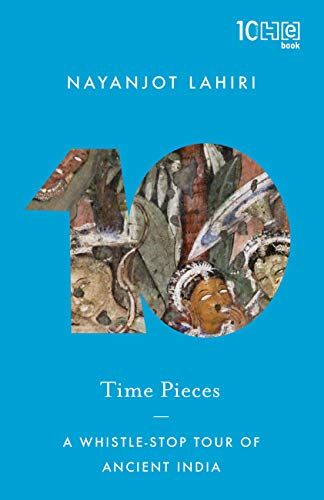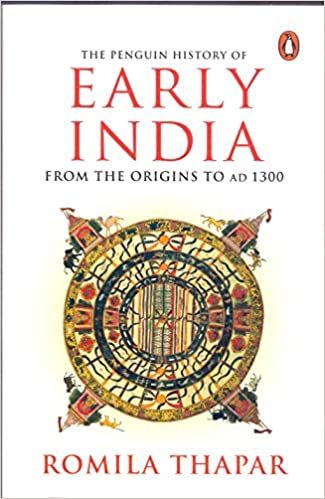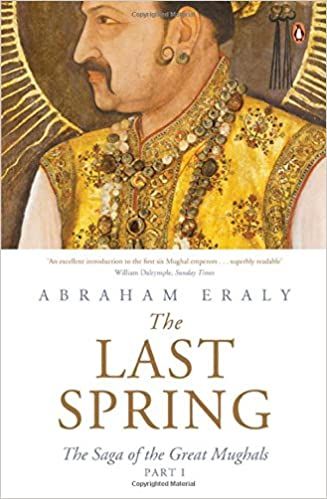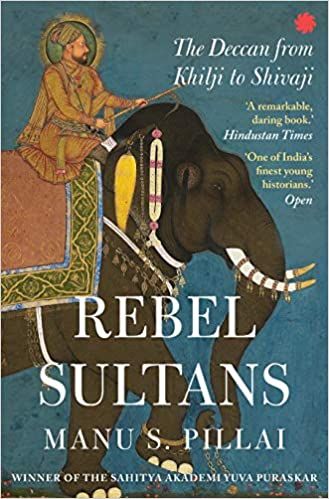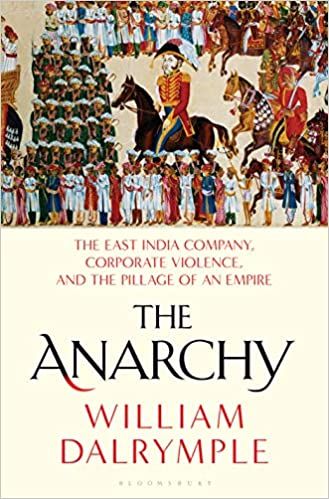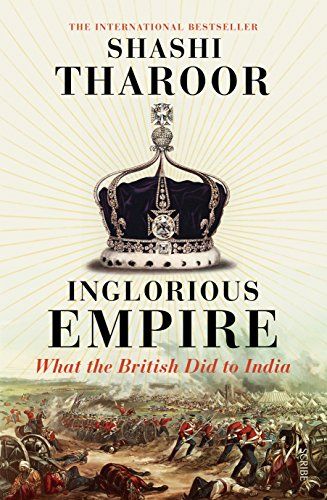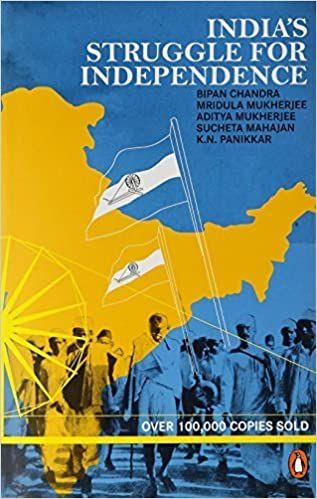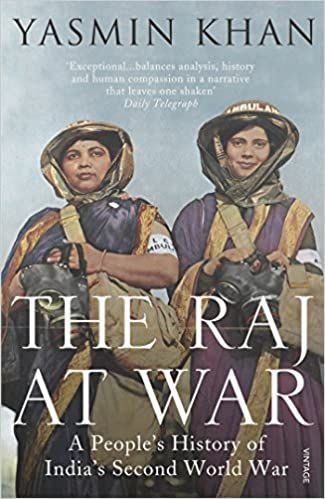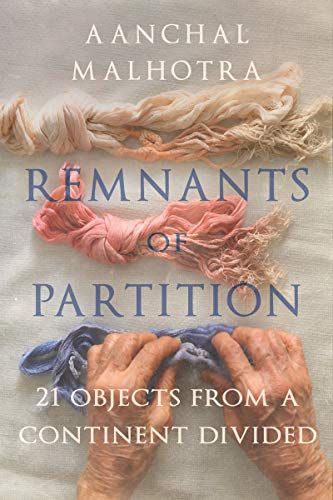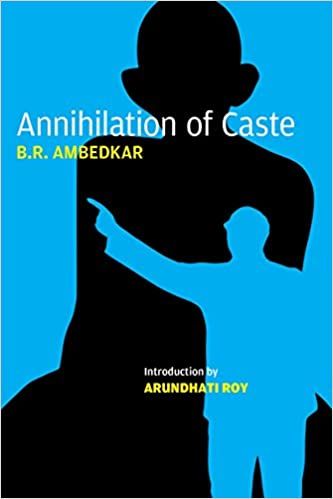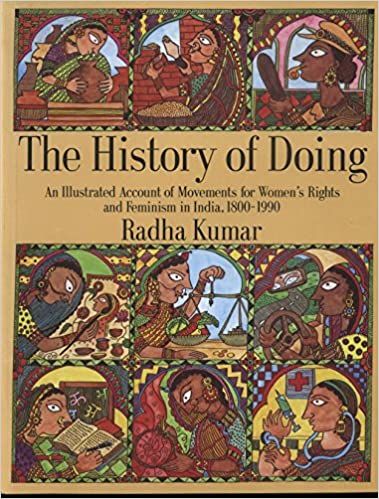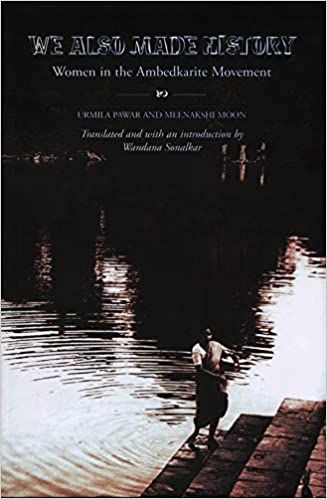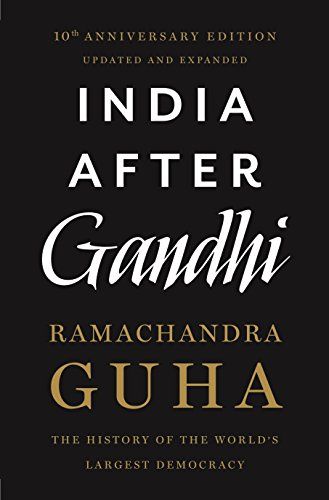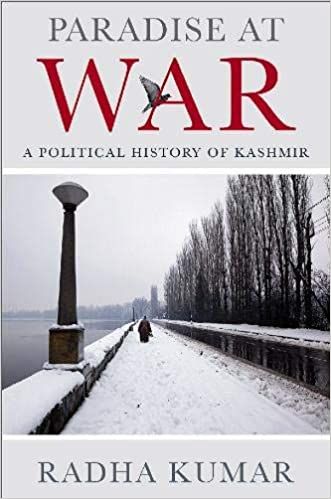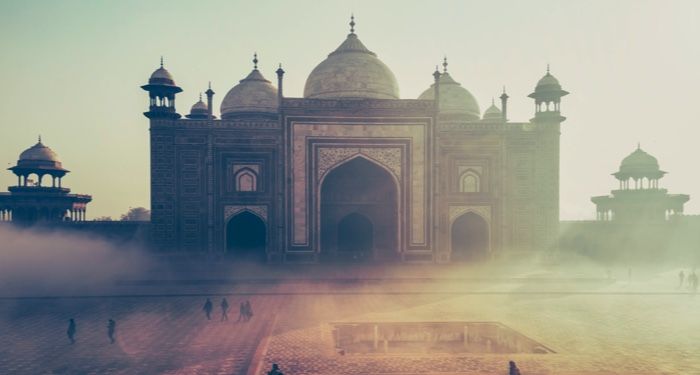
14 Must-Read Indian History Books
As I write this, my country is dealing with a devastating second wave of the pandemic. As my social media timelines are flooded with news of the destruction that the pandemic is bringing upon countless lives, as I try to do what little I can to help, as I try to hold on to the last dregs of hope, I cannot help but wonder if it really is the time to talk about Indian history. But we are living at a time when all over the world we have seen history being manipulated to create narrow nationalist narratives that contribute to the othering of people and the legitimization of divisive politics. Now, more than ever, we need to see how we are all connected in the stories of our past. By only acknowledging parts of that story we will only understand parts of our selves. To weather the current storm and to decisively defeat the pandemic in an intricately connected world, we need to stand united – and knowing about our pasts can help establish fellow feeling. History also gives us hope, hope that this too shall pass.
I have spent a lot of time this past year reading Indian history. Here is a round up of 14 books that will help you understand the history of this diverse country and its impact on the rest of the world.
Time Pieces: A Whistle-Stop Tour of Ancient India by Nayanjot Lahiri
It is not often that you come across a book on ancient history that makes you laugh out loud, but this one does. It does not talk about rulers and wars, and not even about a specific region or period in the ancient history of India, but about facets of daily life, like love, laughter, food and art – and gives its readers an idea of the lives of ancient Indians. The author brings to the book modern sensibilities and a sparkling wit, making it a truly enjoyable read.
The Penguin History of Early India by Romila Thapar
If you are in the mood for some serious study of ancient Indian history, pick up this one. Written by one of the most revered scholars in India, this book is an authoritative text on ancient India.
The Last Spring: The Lives and Times of the Great Mughals by Abraham Eraly
The grandeur and opulence of the Mughal courts has been immortalized in the word mogul. This book by Abraham Eraly is a lucid account of the rules of the Mughal rulers, spanning the period from Babar’s ascent to the throne in 1526 to Aurangzeb’s death in 1707.
Rebel Sultans: The Deccan from Khilji to Shivaji by Manu S. Pillai
The focus of mainstream Indian history is often north India–centric, leading to an incomplete and skewed understanding of the past of a vast and diverse country. This book chronicles 700 years in the history of rulers and kingdoms in the southern part of India. While the concise text is limited in its coverage of social and cultural aspects of the past, it nonetheless is a good primer to the medieval history of the region in context of the developments in the rest of the country. The Ivory Throne, written by the same author, is another book about southern Indian history worth checking out.
The Anarchy by William Dalrymple
The two-century long British rule in India began with the corporate takeover of an entire country by the British East India company. The Anarchy is the story of how a limited liability corporation became a colonial power, and how a rich and vast country came to be ruled from a boardroom in faraway London. William Dalrymple is an extraordinary writer, and this book is a timely reminder of the dangers of blind subservience to profits and markets, with little to no accountability for the human costs of the pursuit of profit.
Inglorious Empire by Shashi Tharoor
The British rule in India is relatively recent history – it has been 74 years since India gained independence. Despite the shameful atrocities committed by the colonial administrations in India and elsewhere, there is a strange amnesia about them in public memory of the former colonial powers. This amnesia, especially the glorification of and nostalgia for imperial pasts, has serious political implications. In Inglorious Empire, Shashi Tharoor documents the realities of the British empire in India and makes a compelling case for the need to acknowledge, and, atone for, these realities.
India’s Struggle for Independence by Bipan Chandra et al
This book brings together in a coherent narrative the various strands of the struggle against colonial rule, including peasants’ movements, tribal movements, violent uprisings, and Mahatma Gandhi’s non-violent movement.
The Raj at War by Yasmin Khan
Over 2.5 million Indians fought in the second world war, playing crucial roles in several regions. While there is no dearth of movies and books on World War II, there is very little representation of the contributions of the colonized peoples fighting and dying in a war not of their choosing, often while anti colonial protests were raging in their own countries, in western depictions of the war. In The Raj at War, Yasmin Khan tells the stories of Indians involved in the second world war – both soldiers and non-combatants, through interviews, newspaper reports and archival material.
Remnants of Partition: 21 Objects from a Continent Divided by Aanchal Malhotra
The partition of India in 1947 is one of the most painful events in the history of the subcontinent. Remnants of Partition looks at partition through material memory – by recounting the stories of objects that refugees chose to carry with them across the border – objects that are intensely personal, poignant reminders of the human faces behind the numbers that attempt to quantify the devastation wreaked by tragedy.
Annihilation of Caste by B.R. Ambedkar
Dr. B.R. Ambedkar is one of the greatest thinkers that India has ever produced, one of the most important leaders of the anti-caste movement and the architect of the Indian constitution. In this speech turned essay, he dissects Hindu scriptures to show just how deeply entrenched caste hierarchies are.
The History of Doing by Radha Kumar
The women’s movement in India has a rich history, and has been better connected with other democratic and radical movements for social justice than many of its western counterparts. The History of Doing is an account of the women’s movement in India from 1800 to 1990. This is a book that highlights the ironic conflicts between nationalistic discourses and the quest for equality and social justice that mainstream history often obscures, and is as relevant now as it was during the anti-colonial movements.
We Also Made History: Women in the Ambedkarite Movement by Urmila Pawar and Meenakshi Moon, Translated by Wandana Sonalkar
This book, originally written in Marathi, chronicles stories of women who participated in the Dalit movement in the twentieth century. An exploration of the social conditions of Dalit women’s lives and first hand accounts from several Dalit women activists make this book a rich document of the struggle against caste and gender based exploitation.
India After Gandhi by Ramachandra Guha
India After Gandhi is the history of post-independence India – the story of how the world’s largest democracy was born, of all the troubles that has plagued the young nation, and of how democracy has managed to survive in a deeply diverse nation. This one is a tome – the latest edition runs to almost thousand pages, but Ramachandra Guha’s stellar writing will make you stick with it.
Paradise at War by Radha Kumar
To even begin to understand any geopolitical conflict, it is important to know the history of the region. In Paradise at War, Radha Kumar attempts to put together a comprehensive political history of Kashmir. This is an accessible and informative history of the conflict that has been raging on for decades now and has affected millions of lives.



